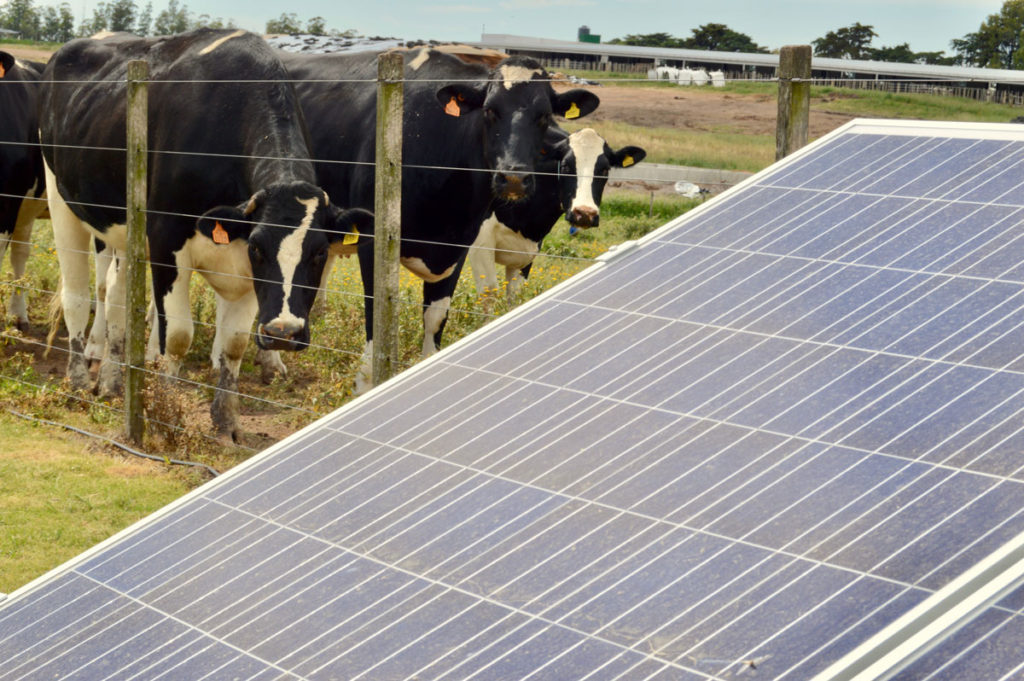Argentina is a country that stretches over 3000 miles from north to south and has a vast number of landscapes, geological structures and biomes. Glaciers and mountains in the south and west, subtropical rainforest in the north, desert highlands in the northwest, metal and mineral resources all over the country, fertile wetlands in the center (Pampas) and a particularly rich Atlantic Ocean shelf make Argentina not only interesting from a tourist point of view, but also for earth and agricultural scientists. Some of the current research topics include: the impact of global warming on the ecosystem, resource extraction and ecology, regulation and use of renewable energies (sun, wind), agricultural science and its limits, viticulture (Argentina and Uruguay), natural parks and protected areas. The changing climate has strong impacts on the glaciers on the border with Chile, which in turn affects the hydric resources available for irrigation and hydro-power plants.
POTENTIAL PROGRAMS
- The impact of global warming on hydric resources in Argentina
- Renewable energies in Argentina: challenges and opportunities
- Climate Change: The Politics of Food, Water, and Energy

